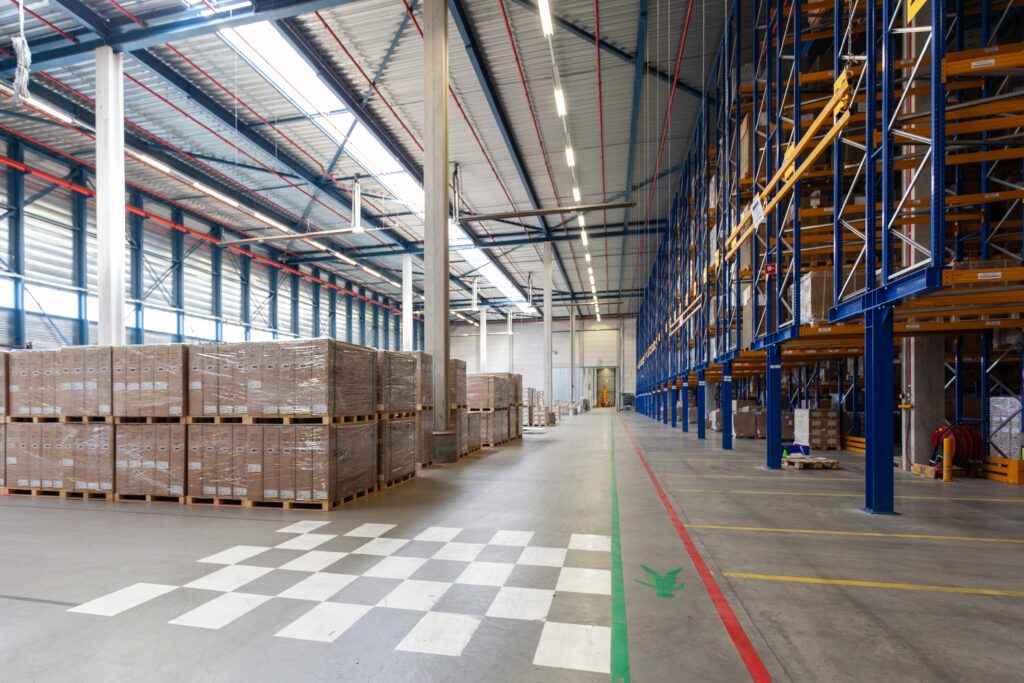
In the fast-paced world of modern commerce, the intricacies of supply chain management have become a critical determinant of business success. One key player in this intricate dance of goods and information is the Third-Party Logistics (3PL) provider. Let’s delve into the evolving landscape of 3PL and its pivotal role in optimizing supply chains.
1. Introduction to 3PL: Beyond Warehousing and Transportation
Traditionally recognized for warehousing and transportation services, 3PL has transcended its initial scope. In the contemporary landscape, 3PL providers have become comprehensive solutions architects, offering services that span inventory management, order fulfillment, packaging, and even e-commerce integration. This expanded portfolio allows companies to outsource a spectrum of logistical functions, enabling them to focus on their core competencies.
2. Agility in the Face of Complexity
In an era characterized by globalization and e-commerce proliferation, supply chains have grown exponentially complex. 3PL providers act as nimble navigators, helping businesses adapt to changing market dynamics. By leveraging advanced technologies such as Artificial Intelligence, IoT, and data analytics, these logistics partners enhance visibility, optimize routes, and forecast demand with precision, thereby improving overall supply chain efficiency.
3. Collaboration and Integration: The Key to Success
Successful supply chain management relies on seamless collaboration and integration. 3PL providers, through their expertise and technological prowess, facilitate this collaboration by connecting disparate elements of the supply chain. Whether it’s integrating with suppliers, manufacturers, or distributors, 3PL fosters a cohesive ecosystem that reduces friction and enhances the fluidity of operations.
4. Risk Mitigation: Shielding Supply Chains from Uncertainty
In an ever-changing world fraught with uncertainties – from geopolitical tensions to natural disasters – risk mitigation is paramount. 3PL providers, with their diversified networks and strategic contingency planning, serve as shields against disruptions. Their ability to adapt swiftly to unforeseen challenges ensures continuity in the supply chain, offering businesses a safety net in turbulent times.
5. Sustainability Imperative: Greening the Supply Chain
The global call for sustainability has reverberated across industries, and logistics is no exception. 3PL providers are increasingly playing a pivotal role in helping businesses achieve their sustainability goals. From optimizing transportation routes to implementing eco-friendly packaging solutions, these providers contribute to the larger movement towards environmentally conscious supply chains.
6. Conclusion: The Ever-Evolving Role of 3PL in Modern Commerce
As I celebrate my 1-year milestone, it’s clear that the role of 3PL in shaping efficient and resilient supply chains is more critical than ever. From managing complexity to fostering collaboration and mitigating risks, 3PL providers have become indispensable partners in the success stories of businesses worldwide. As we look ahead, the trajectory of 3PL continues to evolve, promising even more innovative solutions to meet the demands of an ever-changing logistical landscape.
